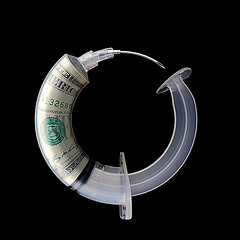 By: Amanda Bhikhari
By: Amanda Bhikhari
Florida has experienced a huge influx of new residents in the past few years. Throughout the state you’ll find snowbirds moving for a better climate, professionals moving for new opportunities, lifestyle change and better tax incentives as the market grows, and families leaving big city life to establish roots in more suburban areas in Florida. In addition, in areas like Central Florida, big investors have established offices and purchased high dollar medical real property due to strong demographics, readily available open space, and the continued appeal of healthcare professionals looking to grow and open new offices. On a national scale, according to data released by Revista and Healthcare Real Estate Insights (HREI), outpatient medical real estate development projects totaling nearly $7.7 billion in construction value and 19.4 million square feet were completed in 2016.Continue reading


 By:
By:  By:
By: 
 By:
By: 

